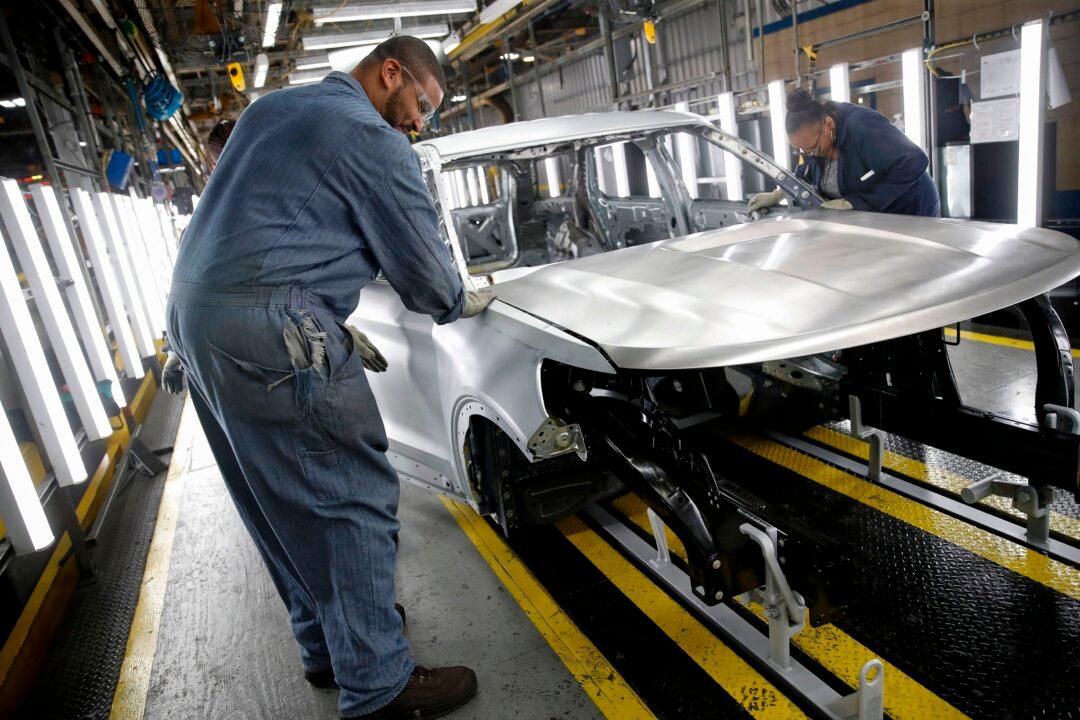WASHINGTON—New tax increases proposed by President Joe Biden would kill one million jobs and harm the economy, a new study released by the nation’s largest manufacturing association states.
For manufacturers, the tax reform of 2017 was like “rocket fuel“ and if the new administration rolls back those reforms, ”manufacturing workers will lose out on jobs, growth, and raises,” according to Jay Timmons, president and CEO of the National Association of Manufacturers (NAM).





